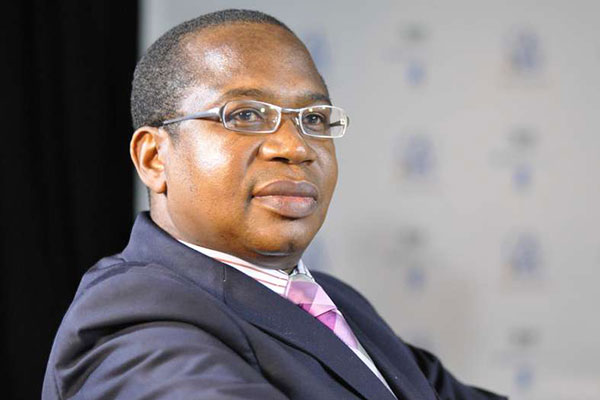Staff Reporter
Finance Minister Mthuli Ncube, on November 28, 2024, presented the 2025 National Budget at the New Parliament Building, in Mt Hampden, unveiling a comprehensive economic plan themed “Building Resilience for Sustained Economic Transformation.”
The budget outlined ambitious measures to drive economic recovery, tackle social challenges, and build resilience against global and local economic shocks.
In his address, Minister Ncube emphasized the need for economic stability and growth through targeted investments in critical sectors, such as education, health, and infrastructure, while maintaining fiscal discipline.
The budget aims to position Zimbabwe for a stronger recovery following recent economic pressures, with projections of sustained growth driven by agriculture, mining, and energy production.
“The 2025 budget is not just about responding to immediate challenges but building a foundation for inclusive, sustainable growth,” Minister Ncube told lawmakers.
Education and health emerged as the top priorities, with substantial investments directed toward improving access to quality education and healthcare services. The Minister said that resources would be availed to enhance infrastructure, support human capital development, and address gaps in service delivery.
The Minister highlighted the importance of human capital, calling it the cornerstone of Zimbabwe’s long-term economic ambitions.
Agriculture, a key driver of Zimbabwe’s economy, received robust support in the budget.
The sector is expected to benefit from favorable weather patterns, improved irrigation projects, and insurance mechanisms to protect farmers from climate-related risks.
These measures aim to boost food security and rural livelihoods while strengthening Zimbabwe’s export potential.
Climate resilience initiatives are also a central feature, with targeted investments in renewable energy and adaptive agricultural technologies to counteract the impacts of global climate change.
A significant portion of the budget was allocated to infrastructure projects, including roads, water systems, and digital connectivity.
Investments in energy production, particularly renewable sources, are set to address the country’s power supply challenges and support industrial growth.
Minister Ncube stressed that infrastructure development was essential to unlocking Zimbabwe’s economic potential, attracting private sector investment, and fostering regional competitiveness.
The budget placed strong emphasis on social protection programs to support vulnerable populations.
Expanded initiatives for education assistance, food security, and cash transfers will provide a safety net for those most affected by economic hardships.
Women and youth empowerment programs are also being scaled up, with increased access to financial resources and entrepreneurial opportunities.
While the budget reflected bold ambitions, Minister Ncube acknowledged the challenges posed by limited fiscal space, public debt, and global economic uncertainties.
He reaffirmed the Government’s commitment to fiscal responsibility, ensuring that public spending is aligned with national priorities.
“Building resilience requires tough decisions, bold reforms, and collaboration across all sectors,” Ncube said, urging Zimbabweans to rally behind the Government’s vision for growth.
The 2025 budget sets the stage for what the Minister described as “a transformative era,” addressing immediate challenges while laying the groundwork for long-term prosperity.
As the country moves forward, all eyes will be on the implementation of these measures and their impact on Zimbabwe’s path to recovery and resilience.




